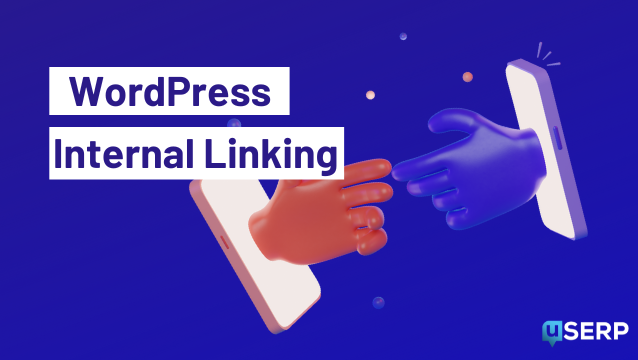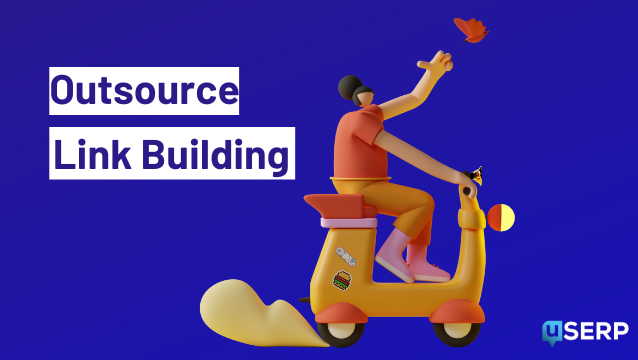SEO myths run rampant in and outside the industry.
You’ve probably heard some common ones before: SEO is dead!! Links = instant Google penalty!! SEO takes 65 years to work!
Okay, slight exaggeration, but you get the point.
In 2021, we need to bury some prominent ones that have persisted through the years.
1. Domain Age = better rankings
One of the most common and frustrating SEO myths is domain age.
The premise: older domains have a distinct and clear advantage when it comes to ranking for organic searches.
False.
Straight from John Mueller himself, “domain age helps nothing.”
Having an older domain doesn’t give you special powers. You don’t get royal treatment for being first to the party.
If that were the case, we’d rarely see new sites ranking in SERPs. Algorithm updates would never tarnish established sites in favor of new content, and we know that is simply not true.
So, why is it that older domains seem to show up so frequently on organic searches in comparison to new sites?
Older domains have simply had more time to build better (and more) links, create engaging content, fine tune their site, and drive E-A-T signals.
Simply put, they’ve built a brand over years and years of content.
2. Building links is against Google guidelines
This is a bit more nuanced than the first SEO myth, and far more common in newbie SEOs than experienced ones.
However, it’s still a myth that needs busting.
Whether you’re looking to improve client sites or your own, earning backlinks improves rankings. Period.
You might hear “links will get you penalized” or some variation of this, but it’s absolutely false, and actually kind of hilarious.
Don’t get that link from Forbes or Google will ban you 😎
Thankfully, this is a full-blown SEO myth. It’s widely known that backlinks are a factor in rankings. They drive trust and authority signals, referral traffic, and so much more.
John Mueller labeled digital PR style backlinks from outreach as follows:
Building good quality brand mentions and backlinks from well known publications is fantastic for SEO.
However, this myth holds grains of truth:
Building a bunch of shady links from PBNs and guest post farms is a form of gaming the system. You aren’t earning these fair and square through good content and outreach.
Focus your efforts on high-quality, ethical link building strategies that drive real results. Don’t play short-term games with PBNs and guest post farms and risk manual action.
3. Good content is all that matters
This is bound to upset a few folks in content marketing, but “good content” isn’t the only ranking factor.
If it was, we’d have a serious problem.
Let me explain:
Go search for any relevant term in any relevant niche.
What do you find?
At least five pieces of stellar content on the first page. Minimum. Each piece is similar in nature, with their own great unique benefits.
Some SERPs have PAGES of good content stretching back to result 50 and beyond.
So, now what? What happens when everyone has great content that’s nearly identical in nature?
There has to be other factors at play beyond writing good content.
Usability, expertise, speed, mobile, links, schema, structure, readability, etc, etc.
When content is being published on the scale it is today, quality of the writing and advice alone are not the only factor.
You can’t just build it and expect people to come anymore. Not with the competition increasing and improving daily.
Content surely is of extreme importance. Only fools would deny it. But that doesn’t mean you can just publish good content and call it a day. Not in hyper-competitive niches.
4. SEO takes years “to work”
There is a very common misconception that SEO takes ages to work.
This is a myth, but it’s more nuanced than just denouncing the statement as entirely false.
First, we need to define what SEO is, at its core, to understand if the statement is true or false.
SEO, or search engine optimization, is getting your site to show up when people search for something.
Example: If you sell an SEO training program like Gotch SEO Academy, your goal is to show up for searches related to SEO training as a broad niche.
Simple enough, right?
However, there is a bit of nuance here. One of the main factors is what niche your business is in.
Some niches are more SEO savvy than others, producing great content, earning great backlinks, and optimizing their site frequently.
Others are far less savvy, meaning competition is both fewer in total competitors and easier to compete with from a quality perspective.
For instance, take this search for “what is SEO”:
One of the most difficult keywords in existence. Dominated by websites like Moz, Ahrefs, and even Google themselves.
Compare that to a less competitive, long-tail search like “why are my tomatoes turning yellow”:
The first ranking page is a relatively new website with a domain rating of just 19. They’ve got just nine backlinks total, yet are bringing in nearly 10,000 visitors per month with a single page.
They’re even outranking large brands in the space already.
SEO can take years to “work” if you are only targeting top of the funnel, high volume, money keywords.
But that doesn’t mean it takes years to bring in organic traffic.
With a well planned strategy you can drive organic visitors to your site in a matter of days to weeks.
You can even have SEO work for you on social media platforms like Instagram. To optimize your Instagram posts for SEO well, you should start by researching Instagram hashtags and incorporate them in your captions. The right set of hashtags will help you boost your post’s reach and drive more engagement.
5. SEO is dead – the most prevalent SEO Myths
Ah, yes, the age old “SEO is dead. Here’s what to do instead.” clickbait article that you found by….wait for it….searching organically 🙂
SEO isn’t dead. Let’s stop the clickbait and deliver more value on how SEO is evolving.
That’s it, that’s the section of this article.
Conclusion
SEO is such a diverse, dynamic sector of digital marketing. It’s bound to spark myths that persist beyond proven data and studies.
However, these myths that propagate through the industry have real effects on the outlook of SEO as a whole.
Let’s all make a better effort to educate, inform, and bust any myths that come our way.
SEO is alive and well. Domain age isn’t a thing. Building good links will always be good. Creating great content is key, but not the only thing you should be doing. And no, SEO doesn’t take years to work.
Post written by Jeremy Moser
- The State of Backlinks for SEO in 2024: What 800+ SEOs Think About Link Building - January 10, 2024
- Why You Should Accept External Contributors for Your Blog: 7 Benefits of Collaborative Content - October 18, 2023
- 10 WordPress Image Optimization Plugins for a Faster Website - January 25, 2023








